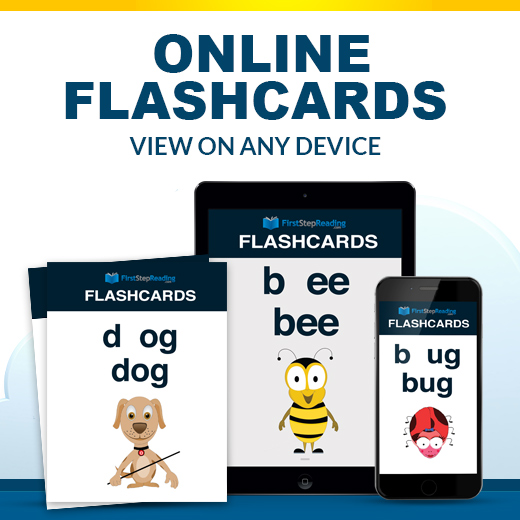Flashcards can bear vocabulary, historical dates, formulas or any subject matter that can be learned via a question-and-answer format. Flashcards are widely used as a learning drill to aid memorization.
They are often associated with spaced repetition, i.e. reviewed at expanding time intervals. They are the most effective way for motivated learners to study and retain factual knowledge, especially when they are used smartly.
Where to get flash cards?
- Buy them. Some course books provide a supplementary pack of flash cards or they can be bought in sets.
- Make them yourself. If you don't have access to professionally produced flash cards, don't worry, it's really easy to make your own even if you're not very artistic. You can use pictures from magazines, draw simple pictures or copy from the internet or clip art. The most important thing is to make sure they are all of the same size, on card (different colors for different sets) so you can't see through them. If possible you can laminate the sets as you make them and they will last for years. The advantage of making your own, apart from the fact that they're cheap and yours to keep, is that you can make sets for your specific needs/ for specific students.
- Students make them. I have recently begun to incorporate the production of flash cards into the classroom. After introducing a new lexical set, ask students to produce the flash cards for you. Give each one an item to draw. They can be mounted on card to make the set.
Where to find flashcards online?
- ESL kids- This website was set by Nick Ramsay, who has been an ESL teacher for 21 years. As he says: 'I set up ESL-Kids.com in 2006 and still use the flashcards and worksheets in class today. I've been surprised by just how popular the site has become over the years and it's always nice to hear from teachers around the world who use the materials in their classes.'
- English 4kids- This website is basically for parents and teachers trying to help their kids study English. You will find a guide to the materials you need in the teachers and parents section of the site. Since these resources have been prepared by ESL professionals with at least 5 years teaching experience, you will find this site a great help.
- Kids pages- This website offers a growing collection of free printable ESL flashcards, worksheets, coloring pages, alphabet for teachers, parents and children. You can also find educative stories like Aesop's Fables, or fairy-tales by Christian Anderson or Brothers Grimm, online games for kids to have fun, puzzles and other interesting stuff.
My favorite flashcards games
- Pass: Sit the Students (S) with you in a circle. Teacher (T) holds up a flashcard or object and says its name (e.g. “Pen”). T passes it on to the next S who also says its name and passes it on to the next S. Variations: change directions, speed rounds, have many objects going round at the same time.
- Quick Peek: T holds a flashcard with the picture facing towards him/her. T quickly shows it to the Ss for a quick peek. The S who guesses the card wins a point.
- Slow motion: T holds a pack of flashcards with the pictures facing towards him/her. The last card should be turned around so it is facing the Ss but is hidden as it is behind the pack. Slowly pull the flashcard up inch by inch so the Ss can only see part of the flashcard. As the picture is slowly revealed Ss try and guess what it is. The first S to guess correctly keeps the card (for 1 point). Variation: To make it a little more difficult turn the flashcard upside down.
- Vanishing Flashcards Game: place a number of flashcards in front of the Ss. Give them a few moments to memorize the pictures and then tell them to close their eyes. Take away one of the flashcards and then tell the Ss to open their eyes again. The first S to guess the missing flashcard can win that flashcard (for 1 point) and take away a flashcard in the next round.
- Jump On It: Spread out flashcards on the floor and have Ss stand at one end of the room. Shout out a card and the Ss have to find the card and jump on it. The first S to do this wins a point.